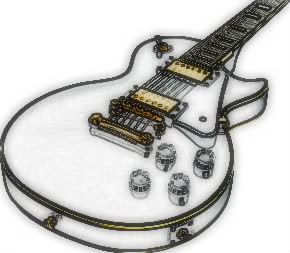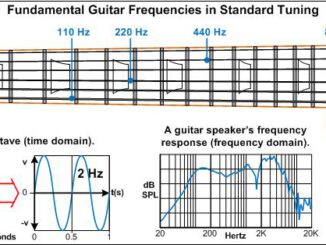I’m the happy owner of an Epiphone Les Paul Custom, with one exception: my high E string breaks about once every two days, the B string breaks about every five days, and today my A and D string broke after being on the guitar just nine days. What can I do to make my strings to last longer? Should I use a specific type of string? In addition, I play the Paul through a solid-state Laney 30-watt combo.
Joe
xxxx@gmail.com
It’s also possible that the intonation saddles on your bridge were cut improperly at the factory, which would result in the same fat for your strings. A qualified repairman can tell you if your saddle slots are smooth and give them a light filing to remove any sharp edges. If burs aren’t the problem, it could just be that you’re a heavy-handed player. Try switching to the next-heaviest string gauge available, if the tension of the string isn’t too stiff for you. And remember: all strings are not created equal. Poor-quality strings may also be the culprit. Always use strings manufactured with strict quality control standards (ask your dealer for assistance). Read this article to learn how to Drop Tune your guitar.
Gear-Vault Classifieds is an eBay alternative. Come sell your used guitars and amps with us, for FREE!






You might also want to be sure and stretch your strings after stringing it up. It gives a little more elastisity and allows the strings a little more flexability without snapping.
Hi Ray, thanks for the added info.